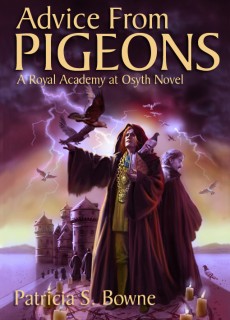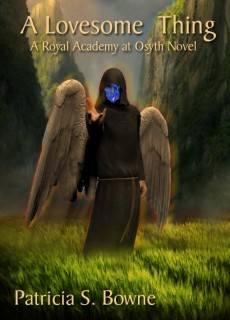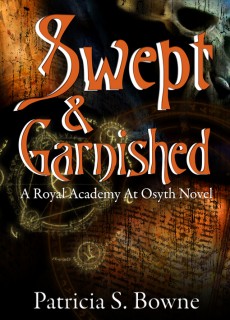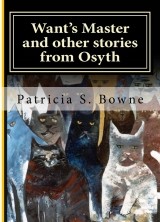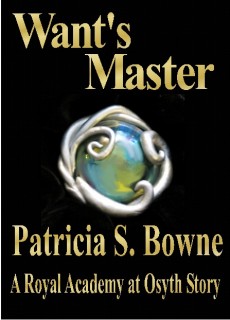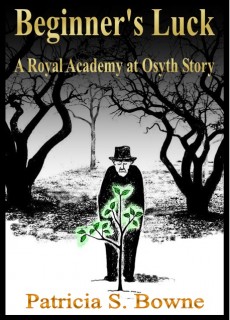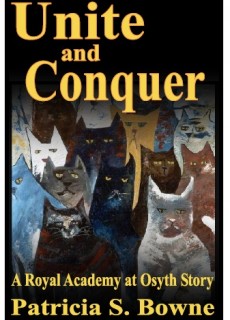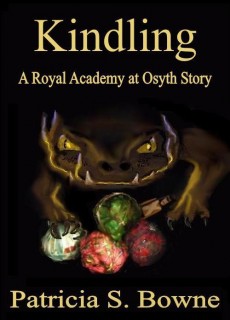Umberto Eco had an interview in the Guardian in which he encapsulated a view of literature that is pretty much what I picked up in college lit classes.
“I think an author should write what the reader does not expect. The problem is not to ask what they need, but to change them … to produce the kind of reader you want for each story.”
…
“It’s very boring to talk about winners. The real literature always talks about losers. Madame Bovary is a loser. Julien Sorel is a loser. I am doing only the same job. Losers are more fascinating.
“Winners are stupid … because usually they win by chance.”
Just reading this brings back the atmosphere of an undergraduate literature class on a sunny fall afternoon in the 1970s. A third of the students have not read any of the book in question and are shifting in their chairs, staring into space. Most of the rest have read part of it and are hoping the prof only asks about that part. I’m not in either group, because I was always a fast reader; but being in my early teens and from a family of science nerds, I have no context in which to place the book and have not understood it at all. When I speak up it will be with an off-kilter comment that provides more inadvertent humor regarding my family’s oddities than insight about the work in question. I will spend much of the time drawing diagnostic pictures of fishes or liver flukes in my notebook – not even decently in the margins, but on the page itself in token of this class providing nothing worth writing down – and I will get an A by virtue of being the only person who read everything and attended all the class sessions.
And somewhere among all this, I pick up an adversarial image of modern literature. It’s about losers doing unrealistic, foolish, ‘dramatic’ things (like adultery) that real people do not do. A ‘good’ story’s real message is hidden in images and references, so no wonder if it means nothing to the person who doesn’t know that secret language. The author’s real goal is not to communicate or delight, but to show off for peers and slip something past the casual reader; when not slipping things past the lumpenreaders authors want to change them, unsettle them and overturn their cherished assumptions.
My job as a reader, I come to believe, is to be smarter than the author; to spot these attacks and fend them off. I do this mostly by focusing on biology. I write papers on the accuracy of cetacean classification in Moby Dick and the zoological evidence for where exactly the Ancient Mariner was becalmed. I finish an English minor and, later, a humanities BA, untouched by any trace of delight in ‘literature’ except for the two poetry anthologies I have to buy for a criticism course; I devour and memorize large parts of these, but they are almost all poems the prof did not mention in class.
All this time, I am reading genre literature by the bucketload. Science Fiction, Fantasy, Mystery, Thrillers, Children’s Lit. These are the stories that don’t try to slip anything past me. When they challenge my assumptions, they do it to my face. They treat me with respect, as if the authors like me; this is not how I put it to myself at the time, but when I look back it’s the major impression I have of these books. They enlarge my world not only by adding new rooms to it, but by inviting me into them.
At some point I begin reading authors outside the genres. I remember some of them, am changed by some of them, and forget others even before I’ve returned them to the library. I now look back and think that many of the authors I forgot about were ones who alerted those well-learned defensive reflexes, the ones whose goal was to change me into the reader they wanted. Umberto Eco was one of them. And I wonder if the tension in the genres right now has nothing to do with whether books are about rocket ships or not, or the authors’ and characters’ diversity, and instead is about whether the authors alert those reflexes, whether they make their readers feel invited in to a new world or shut out of an in-crowd.
I wonder what thinking of it in this way would do to my own writing.

